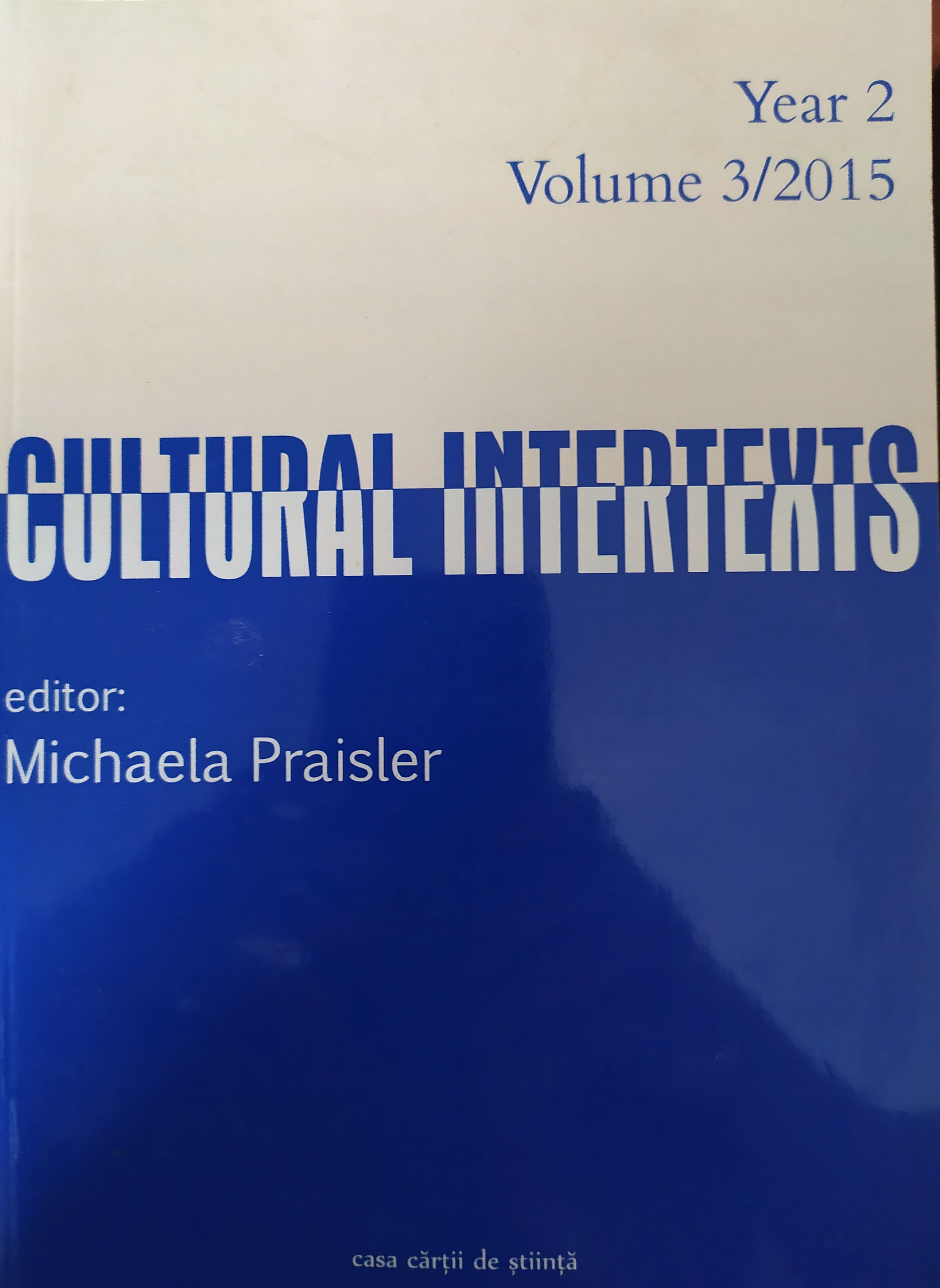An Imagological Reading of Kazuo Ishiguro’s When We Were Orphans
An Imagological Reading of Kazuo Ishiguro’s When We Were Orphans
Author(s): Andreea IonescuSubject(s): Anthropology, Studies of Literature, Identity of Collectives
Published by: Editura Casa Cărții de Știință
Keywords: imagology; identity; otherness; national character;
Summary/Abstract: This paper focuses on the analysis of Kazuo Ishiguro’s When We Were Orphans from an imagological point of view. The storyline follows the life of a prominent British detective in his endeavour to solve the mystery of his parents’ disappearances from their family home in Hong Kong. The images projected by the narrative reflect the centre of the empire in transition, with an accent on the reversal of the classical standpoints of characters, and a colony struggling to cope with the horrors of war as well as a change in vassality.
Journal: Cultural Intertexts
- Issue Year: 2/2015
- Issue No: 03
- Page Range: 62-71
- Page Count: 10
- Language: English

